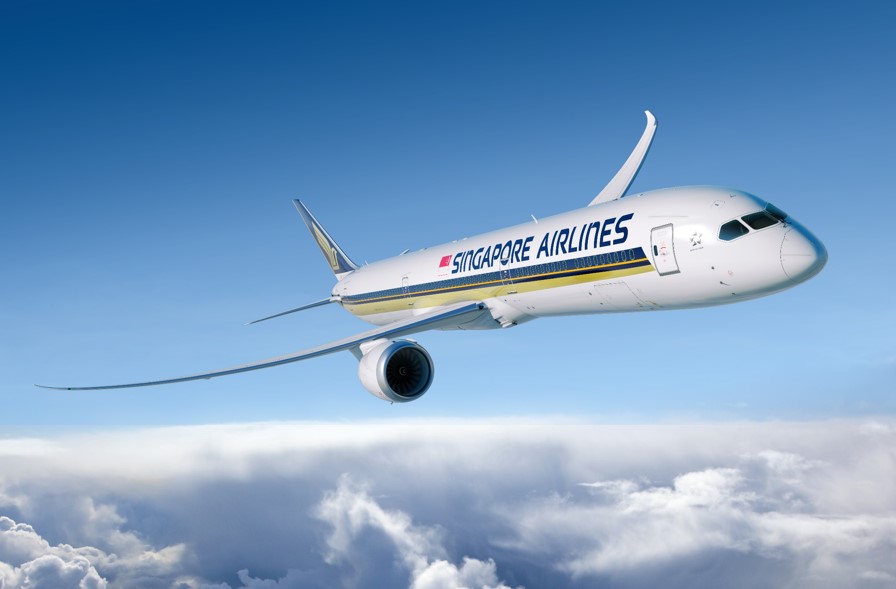Singapore Airlines (SIA) reported net profit for the financial year at $683 million, which is 47 percent (or SGD619 million) lower year-on-year.
The reduction was primarily due to the lower operating profit ( a decrease of SGD482 million), in addition to higher non-operating costs.
In a press statement on Thursday, May 16, SIA said the company's net finance charges increased SGD45 million, due to more borrowings during the year for aircraft purchases.
The Group also recognised its share of losses of SGD116 million arising from Virgin Australia’s non-cash accounting adjustments in prior quarters. There was also a SGD60 million charge in relation to SilkAir’s re-fleeting costs for its transition from an Airbus to Boeing fleet, as well as restructuring costs incurred in preparation for the carrier’s integration into SIA.
Nonetheless, SIA noted a "solid" operating profit of SGD1,067 million for the 2018/19 financial year amid "a challenging market environment". It added that the organisation's transformation initiatives had contributed to a record revenue performance.
Meanwhile, regional arm SilkAir reported an operating profit of SGD15 million, which is a SGD29 million reduction year-on-year. This was largely due to an increase in net fuel cost (+SGD30 million).
Budget arm Scoot swung to an operating loss of SGD15 million from last year’s profit of SGD78 million (–SGD93 million), as costs of expansion outweighed revenue growth. Performance was substantially affected by the slowdown in the rate of growth of Chinese travel. SIA said that while Scoot’s performance has been affected by an unusual level of operational disruptions, largely relating to 787 engine issues, it has continued to lay the foundations to benefit over the medium and long term from growth in the budget travel segment.
The Board of Directors has recommended a final dividend of 22 cents per share for the financial year 2018/19.
SIA noted that China’s international traffic growth rates have softened, at a time of increased supply in the market. Ongoing trade disputes and slowing economic growth in key markets also pose uncertainty to the operating environment.
Meanwhile, the national carrier's digital transformation is making "good progress", with significant investments in support of an ambition to be the world’s leading digital airline. New products and services continue to be rolled out on more routes, as new fuel-efficient aircraft enter the fleet, SIA said.



